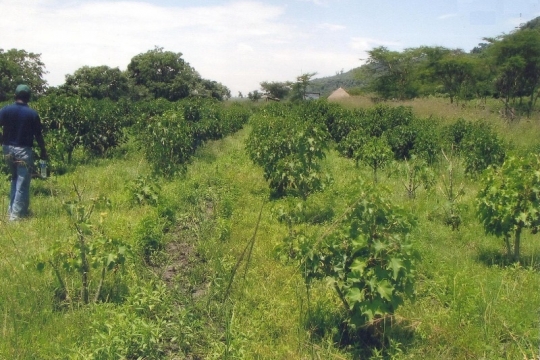This research investigates the profitability of biofuels production in Africa, taking Ethiopia as a case in point, and suggests an oil price threshold beyond which biofuel may be profitable. Specifically, the study analyzes the viability of bioethanol from molasses and biodiesel from other feedstock in the context of Ethiopia, using data from a biofuels investment survey by EEPFE/EDRI in 2010, and makes estimates based on field visits.
We draw on investment theory as our underlying conceptual framework and we employ unit cost analysis for our empirical analysis. Findings reveal that, while bioethanol production (from molasses) in Ethiopia can be quite viable, the viability and competitiveness of biodiesel production will largely depend on the cost and price of feedstock. In particular, if the world oil price is expected to vary between $US42 and $US200 per barrel, biodiesel firms in Ethiopia must be able to produce at less than $US1 per liter. This suggests that viable alternatives of co-production through value addition from byproduct seedcake and intercropping options need to be considered to enhance profitability of biodiesel production. Moreover, research and development efforts and knowledge support to the biofuels industry, including a search for better adaptive and better yielding varieties and good oil quality biofuels crops, as well as better regulatory framework and follow-up, are necessary. Overall, the biofuels industry can be viewed as a way out of poverty but a lot remains to be done to enhance its viability. This is a case study involving a few observations because of the small size of the universe of producers studied; hence, further analysis is called for as the sector expands.




